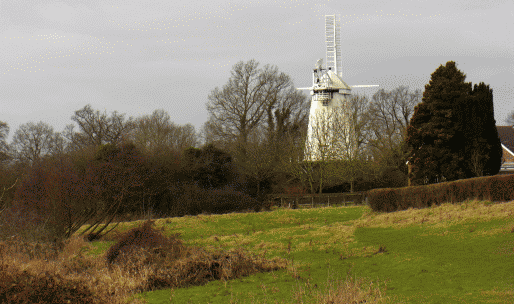 |
| 'Kingsland' - Belloc's home |
Noël! Noël! Noël! Noël!
A Catholic tale have I to tell! And a Christian song have I to sing
While all the bells in Arundel ring.
I pray good beef and I pray good beer
This holy night of all the year,
But I pay detestable drink for them
That give no honour to Bethlehem.
May all good fellows that here agree
Drink Audit Ale in heaven with me
And may all my enemies go to hell!
Noël! Noël! Noël! Noël!
May all my enemies go to hell!


